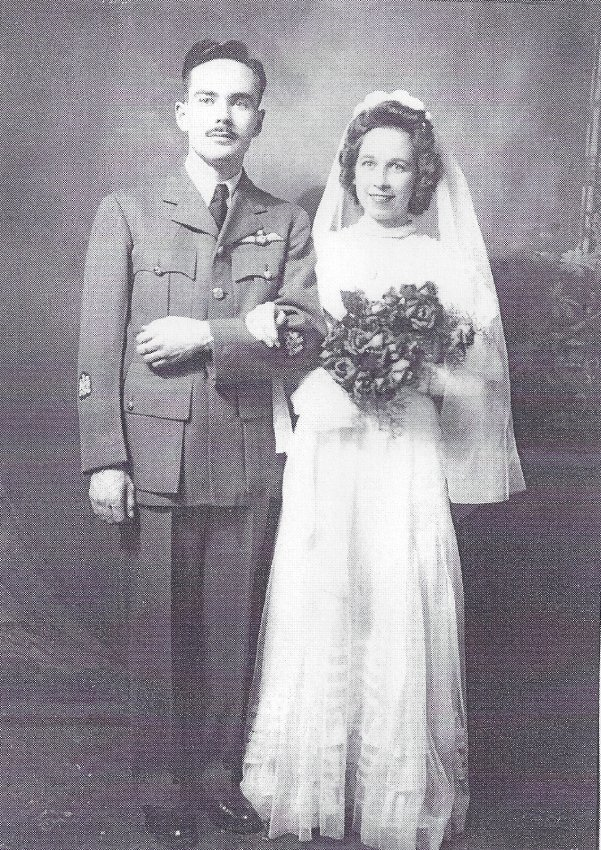Telephone Girls
Kathleen Coxford hadn’t expected to end up working alongside Millie Willis in the Bell Telephone Office that night, but that’s where she found herself. It was certainly better than the alternative, she thought. It could have been her on that train. Her, in her usual place, in the last three coaches. She had just left her job in the government and was about to start a new position at the Rosamond Woollen Mill. That was the only way you could leave a government job; your new position had to be connected to the war effort, and the Rosamond Woollen Mill made cloth for soldiers’ uniforms. And so it was that on Sunday night, instead of finding herself on the train on her way back to Ottawa as she normally did, Kathleen was in the office, with her friend Millie, frantically placing telephone calls to family members and friends of the passengers.
Kathleen didn’t stay in the office all night. She tried to help with the injured, but it was too much to bear, and she couldn’t help but notice the long line-ups at the public telephone booths as she rushed through town. The lines never seemed to dwindle, no matter how much time had passed. In fact, so many calls were placed to Renfrew that the following week’s The Renfrew Mercury (December 31, 1942), praised the ‘telephone girls’ for their hard work. . .
. . .[taking] care of the calls which had increased a hundred-fold. . .
Unlike Kathleen, her sister, Ruth, had a much stronger stomach. Kathleen had left her in the thick of things, helping in the O’Brien Theatre, where Ruth remained for the rest of the night. The train wreck had an unexpected impact on Ruth. When the two sisters finally made their way home after the long night, Ruth leaned over to Kathleen and confidently said, “I know what I’m going to do. I’m going to be a nurse.”
She did, and she never looked back.


